#rutherford b. hayes
Explore tagged Tumblr posts
Text
the reconstruction era




just a few more gilded age prezes to make and now i can probably move on to the antebellum and amrev presidents
#cursed anime girlification(?)#us history#us presidents#ulysses s grant#andrew johnson#rutherford b. hayes#genderbend
103 notes
·
View notes
Text


my favorite poll 😊purely self indulgent amusement here
#andrew jackson bbq#us history#mckinleyposting#William mckinley#1800s fag off#Their cunty poses 🥹🥹#rutherford b. hayes#williak McKinley
8 notes
·
View notes
Text
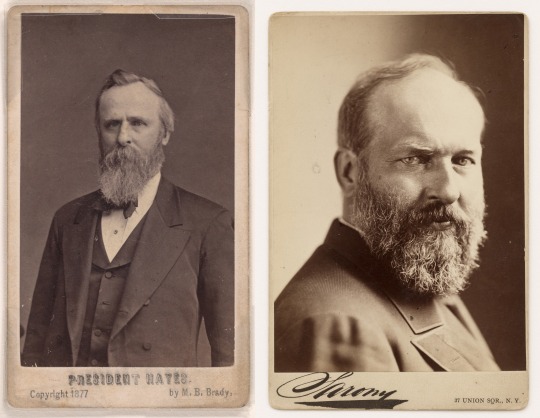
"It is said Gen. Garfield will restore wine and liquor to the White House. I hope this is a mistake. I am no fanatic on the subject. I do not sympathise with the methods of the ultra temperance people. I believe that the cause of temperance will be most surely promoted by moral, religious, and educational influences and by the influence of example. I would not use the force of law as an agency for temperance reform. If laws on the subject are enacted let them be for the security of the community -- to protect the public from nuisances and crime. Let the temperance reformer keep to the text influence, argument, persuasion example.
When we came here we banished liquor from the house: 1. Because it was right, wise and necessary 2. Because it was due to the large support given me by the sincere friends of the Temperance reform. 3. Because I believed that it would strengthen the Republican party by detaching from the political temperance party many good people who would join the Republican party, and would save to the Republican party many who would otherwise leave it to join the Temperance party.
If Gen. Garfield rejects the practice I have inaugurated, he will offend thousands, and drive them into the hands of the Temperance demagogues. He will lose the confidence of thousands of good citizens and gain no strength in any quarter. His course will be taken as evidence that he lacks the grit to face fashionable ridicule. Nothing hurts a man more than a general belief that he lacks the 'courage of his convictions.'"
-- President Rutherford B. Hayes, who had (in)famously banned liquor from the White House during his Administration, leading to his wife and First Lady earning the nickname of "Lemonade Lucy", on reports that his successor, President-elect James Garfield would serve alcohol in the Executive Mansion after his Inauguration, personal diary entry, January 16, 1881.
President Garfield only served 199 days as President -- and 79 of those days were spent desperately battling for his life after being shot. But Garfield did lift the ban of alcoholic beverages during his brief tenure in the White House, likely making meetings and parties a lot less "dry" than those of the Hayes Administration.
#History#Presidents#Presidential History#Rutherford B. Hayes#President Hayes#Hayes Administration#1880 Election#James Garfield#James A. Garfield#President Garfield#Garfield Administration#Inauguration of James Garfield#Quotes by Presidents#Quotes About Presidents#Presidents on Presidents#Presidential Quotes#Presidential Diaries#Diary of Rutherford B. Hayes#Alcohol#Liquor#Prohibition#Temperance#White House#White House History
23 notes
·
View notes
Text
Presidents Day pt. 3










This one was very frustrating as ai had trouble with the beardy boys, especially Chester Arthur, with his bushy beard and mutton-chops, so I included an actual portrait of him. It also didn't do Andrew Johnson as well as I'd like, especially his hair. 🙄
#us presidents#presidents day#teddy roosevelt#william mckinley#benjamin harrison#grover cleveland#chester a arthur#james garfield#rutherford b. hayes#ulysses grant#andrew johnson
2 notes
·
View notes
Text
On this very happy President's Day 2024, I hope that we can all take a minute to remember Rutherford B. Hayes' elderly yet beautiful eyes.
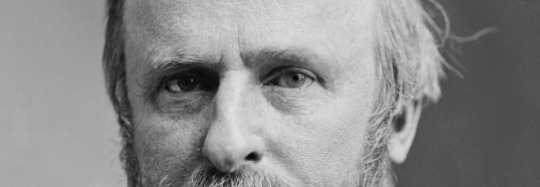
#presidents#presidents day#Rutherford B. Hayes#Rutherford#B.#Hayes#19th century#1800s#gilded age#you're telling me his middle name was Birchard??
6 notes
·
View notes
Text
Paraguay and Rutherford B. Hayes
Because @fictionadventurer requested it, so I'll try my best, although I'm no historian and not a Paraguayan, so if there is some inaccuracy it is completely unintentional and I'll gladly welcome corrections!
South America, 1864. Blancos and colorados* in Uruguay are once again at war. The Colorados, diplomatically supported by the Empire of Brazil, had raised against the Blanco government, and had advanced north and put siege to the city of Paysandú. Paraguay, an ally to the Blancos, declared that any Brazilian or Argentinian invasion of Uruguay in support of the Colorados would be seen as an attack on the stability of the region. Brazil ignored this warning, and it intervened, causing the fall of Paysandú and defeat of the Blanco side. Brazil had a particularly vested interest as a Blanco government in Uruguay would have provided an opening to the sea for Paraguayan products (which was also against the interests of the British Crown, as Paraguay was rapidly gearing towards industrialization. This has been more or less accepted in recent decades as one of the underhanded causes of the war).
Paraguay invaded both Brazil and Argentina in an attempt to A) force Brazil to retreat from Uruguay B) Cross Argentina (neutral until that point) with troops to reinforce the Blanco defense, as permission was denied to them by the Argentinian government. This prompted an alliance between Argentina, Uruguay (now in Colorado hands), and Brazil against Paraguay. The war lasted till 1870, half a million people died -making it the bloodiest war in the History of South America-, counting between 50% and 85% of the Paraguayan population -specially the overwhelming majority of it's male population of reproductive age- and it is because of that considered nowadays a war of extermination, a genocide.**
At the end of the war, Brazil and Argentina appropriated chunks of the Paraguayan territory; on the Argentinian side, it was basically the totality of the Paraguayan Chaco. Negotiations between the two countries went back and forth for years, until in 1976 they agreed to appeal to the president of the US (at the time, Rutherford B. Hayes) to arbiter between the two (as there were no international courts they could go to). Hayes accepted, received the claims from the two countries, and failed in favor of Paraguay by the end of 1878.
Because of this, Hayes is remembered fondly in Paraguay, and a whole departamento (one of the 17 administrative regions of Paraguay) is named Presidente Hayes after him, and so is its capital city, Villa Hayes. There's also a soccer club named after him.
*The National or "Blanco" party and the Colorado party are the traditional founding parties of Uruguay. They are very difficult to align in terms of the political compass as usually understood in the Anglosphere, as they have/had a wide range of political orientations within them (for example, the Colorado party had a Catholic wing and an extremely anti-clerical wing, the Blanco party had a large landowner side and a side that pushed for redistribution of land, etc, etc). In a very gross simplification, the Colorado Party was the "civilization" party, urban, europeizing, economically conservative and socially liberal, whereas the Blanco Party was a rural party, economically liberal and socially conservative. The Blancos had a habit of getting up in arms every few years, as they found their political rights being ignored or curtailed by the ruling Colorados. To mention the main ones, The Great War (1839-1850), Revolution of the Spears (1970-1872), the Revolution of 1897, and The Revolution of 1904.
** as a side "fun" note, Uruguay returned war trophies to Paraguay in 1885, and forgave it the money sanctions against it. It took Argentina till 1954 to return their war trophies, and Brazil has yet to return anything.
#Paraguay#War of the Triple Alliance#Rutherford B. Hayes#The Paraguayans are very very courageous folk as a nation#nowadays they are pretty much the only South American ally of Taiwan#which takes some guts you know
15 notes
·
View notes
Text
"He serves his party best who serves the country best."
Rutherford B. Hayes, 19th US president (4th October 1822-1893)
0 notes
Text

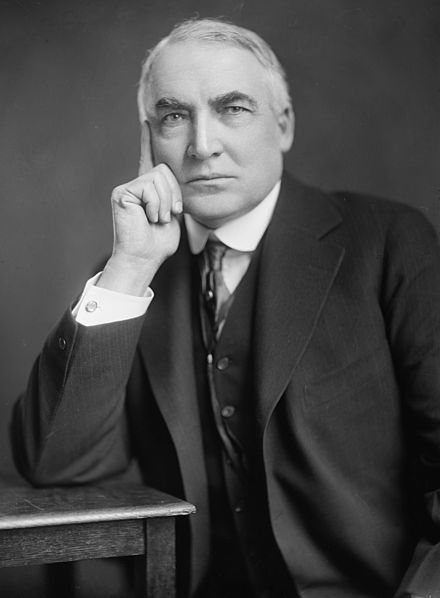
On This Day: The first telephone was installed in the white house under Rutherford B. Hayes, but it wasn't used for phone sex until Warren G. Harding
0 notes
Text
today was so Rutherford B. Hayes coded
0 notes
Text
The unrestricted competition so commonly advocated does not leave us the survival of the fittest. The unscrupulous succeed best in accumulating wealth.
Rutherford B. Hayes, 19th US president (4 Oct 1822-1893)
Source: Wordsmith
#Rutherford B. Hayes#quote#US president#competition#capitalism#narcissism#wealth#wealth hoarding#money#freeloaders#leaders#competitive#Dark Triad
1 note
·
View note
Text
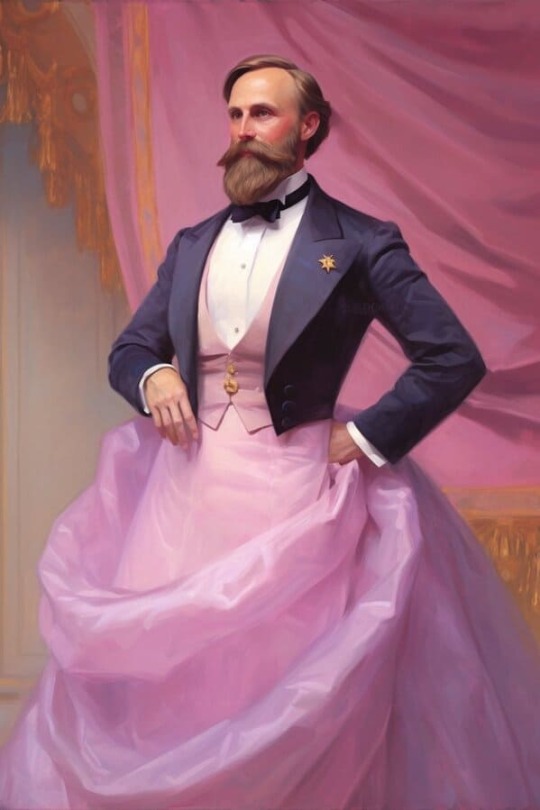
Rutherford B Hay Hay Hayyyyyyyyyyyes (X)
1 note
·
View note
Text

President Rutherford B. Hayes (far right), First Lady Lucy Webb Hayes, and their party visiting Yosemite -- which was still ten years away from becoming a National Park -- on October 21, 1880. President Hayes was not only the first President in American history to visit the West Coast of the United States while in office, but he was the first incumbent President to travel west of Salt Lake City and only the second to travel west of the Rocky Mountains (his immediate predecessor, Ulysses S. Grant had visited Utah in 1875).
The President's "Great Western Tour", which lasted from August 26-November 6, 1880 took the Presidential party through Iowa, Nebraska, Wyoming Territory, Utah Territory, Nevada, California, Oregon, Washington Territory, Arizona Territory, New Mexico Territory, Colorado, and Kansas en route to the Hayes family home, "Spiegel Grove" in Fremont, Ohio in time for Hayes to cast his ballot for fellow Ohioan James Garfield to be his successor.

#History#Presidents#Rutherford B. Hayes#President Hayes#Hayes Administration#Lucy Webb Hayes#First Families#Presidential History#Presidency#Presidential Trips#Great Western Tour#1880 Great Western Tour#Presidential Travels#Politics#Political History#1880 Election#James Garfield#West Coast#Presidential Firsts#Yosemite#Yosemite National Park#Yosemite Falls#Lucy Hayes#Spiegel Grove#Ohio Presidents#Ohio History#POTUS History
17 notes
·
View notes
Text
#ARC #PresidentGarfield #FromRadicaltoUnifier by #CWGoodyear #BookReview #Presidents #July2023Books
There's finally a comprehensive look at the life of #PresidentGarfield, the second man to be assassinated while in the nation's highest office. #FromRadicaltoUnifier #CWGoodyear #NetGalley #BookReview #July2023Books #ARC #ARCReview #President #Assassinate
In this magisterial biography, C.W. Goodyear charts the life and times of one of the most remarkable Americans ever to win the Presidency. Progressive firebrand and conservative compromiser; Union war hero and founder of the first Department of Education; Supreme Court attorney and abolitionist preacher; mathematician and canalman; crooked election-fixer and clean-government champion;…

View On WordPress
#Abraham Lincoln#ARC#ARC Review#Assassination#Book Review#Civil War#Congressman#James Garfield#July 2023 Books#NetGalley#President Garfield#Reconstruction#Rutherford B. Hayes#Simon & Schuster#U.S. House of Representatives#U.S. Politics#U.S. Presidents#Ulysses S. Grant
0 notes
Text
I drew the US Presidents ⁉️⁉️
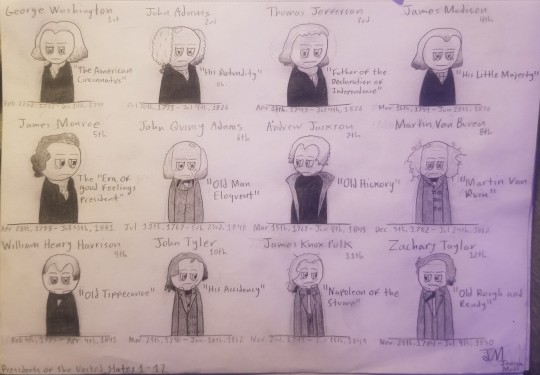
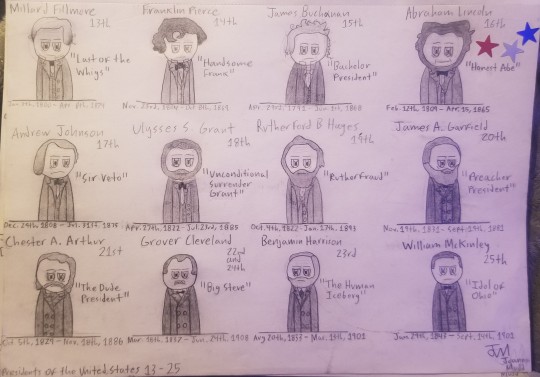
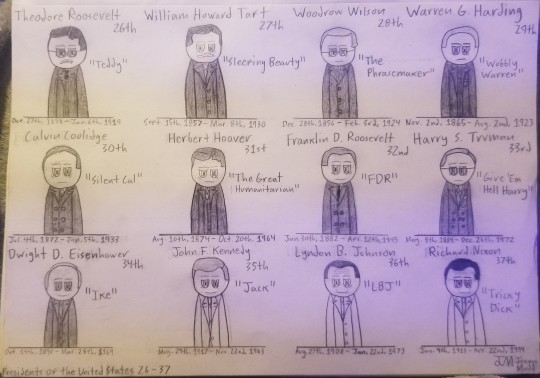
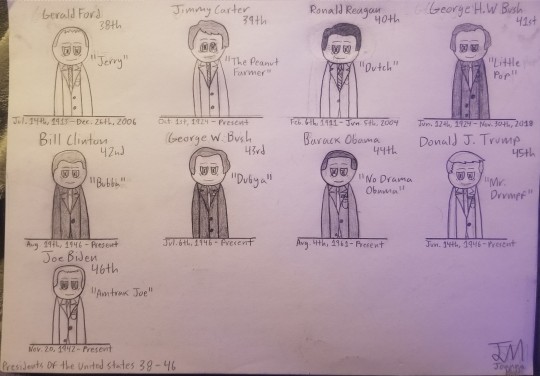
Constructive criticism is not allowed ⁉️⁉️(Because I only draw for fun lol, not mad or anything tho)
I couldn't tag anymore presidents 💔💔
#u.s. presidents#george washington#john adams#thomas jefferson#james madison#james monroe#john quincy adams#andrew jackson#martin van buren#william henry harrison#john tyler#james k polk#zachary taylor#millard fillmore#franklin pierce#james buchanan#abraham lincoln#andrew johnson#ulysses s grant#rutherford b hayes#james a garfield#chester a arthur#grover cleveland#benjamin harrison#william mckinley#theodore roosevelt#william howard taft#woodrow wilson#warren g harding#calvin coolidge
52 notes
·
View notes
Text

everyone i thank you for your patronage. rizzmas is approaching
15 notes
·
View notes